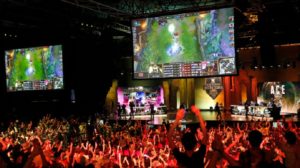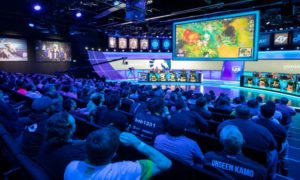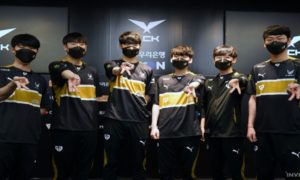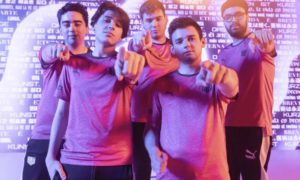Misconduct in esports takes many forms. In general, it is the violation of a code of conduct that teams, companies, and organizations will require new employees to sign when they join. These codes of conduct establish the expected norms, rules, and responsibilities of proper behavior for associated individuals.
A violation of this code can include discrimination against others, misbehavior or unbecoming behavior, or harassment of any kind including but not limited to verbal, physical, and sexual. It can also possibly be even more severe transgressions such as abuse or assault.
Latest for Dexerto: I write about the esports and gaming #metoo movement, how we’ve collectively failed to deal with it and what we do moving forward.https://t.co/OHvzEzuwdl
— Richard Lewis (@RLewisReports) June 26, 2020
How does the media react to misconduct?
News media will portray esports misconduct in a near-universally negative light. Severe cases of misconduct will feature in headlines of mainstream outlets that do not typically cover esports. This coverage causes misconduct cases to affect the respectability and image of the esports industry harshly.
Misconduct in esports generally feeds into broader sentiments regarding the negative perception of gamers. In particular, cases of racism and misogyny in esports become associated with the image of bigoted gamers who take advantage of the internet’s anonymity to act in discriminatory or derogatory ways.
A less-addressed aspect is esports’ nature as a relatively new, rapidly growing industry with many young, vulnerable people involved as fans or personnel.
Latest for Dexerto: I write about the esports and gaming #metoo movement, how we’ve collectively failed to deal with it and what we do moving forward.https://t.co/OHvzEzuwdl
— Richard Lewis (@RLewisReports) June 26, 2020
How does the esports industry react to misconduct?
Publicly, the esports industry is quick to condemn severe cases of misconduct and will take action to address the offending behavior. These punishments can involve monetary fines, suspensions, lawsuits, or termination of the contract.
Activision-Blizzard’s Overwatch League (OWL) for first-person shooter Overwatch is an example of an esport that often doles out monetary fines and punishments for misconduct. The league and the associated franchise organizations have both fined and suspended players for behavioral issues.
In 2018, Félix “xQc” Lengyel received a $2 thousand fine and four-game suspension from the Overwatch League for comments made on his stream. His organization at the time, the Dallas Fuel, extended that suspension for the entirety of that competitive stage.
In May 2020, the Chinese Dota 2 Association (CDA) gave the Dota 2 team Newbee lifelong bans for alleged match-fixing and removed Newbee as a founding member.
In June 2020, Chinese organization Royal Never Give Up (RNG) sued former PlayerUnknown’s Battlegrounds (PUBG) player Zixuann “Xiaodingdang” Zuo for 50 million Chinese yuan (~7 million USD). RNG stated that Zuo had streamed on Douyu, violating his streaming exclusivity deal on rival platform Huya.
Another individual was Grant “GranDGranT” Harris, formerly a professional player, then caster then streamer in Dota 2. In response to the allegations, Harris apologized for his past behavior on Twitter and announced he would be stepping down from Dota 2 and esports. His organization at the time, Evil Geniuses, released him following the allegations.
Effective immediately, Grant “GranDgranT” Harris has been released and is no longer a member of Evil Geniuses.
We have a zero-tolerance workplace policy, and take any accusation of harassment, or a violation of our policies handbook, seriously.
— Evil Geniuses (@EvilGeniuses) June 22, 2020
Why must misconduct become public knowledge?
In many cases, the perpetrators of misconduct are influential individuals who protect themselves from internal systems meant to address such behavior through various means.
In these cases, the only option left to victims is to publicize their experiences, either personally through social media or privately through journalists. These testimonies will expose incidents and directly prompt investigations and responses or indirectly through public pressure. If left unaddressed, these cases of misconduct can escalate from individual scenarios to massive company-wide or scene-wide systemic issues, with perpetrators at all levels.
This was the case for Riot Games, developer and tournament organizer for massively popular esport League of Legends. Female employees at Riot Games collectively sued the company in a class-action suit for the sexist work environment in which employees were regularly sexually harassed.
Evo, the largest event for competitive fighting games, was canceled following accusations of grooming and preying of underage individuals against president Joey Cuellar. Evo put Cuellar on administrative leave and then later removed him from the organization.
As is evident in these two cases, there is misconduct and abuse at all levels in esports. Public awareness is necessary to prompt a needed response when private methods fail.
If you are interested in esports betting, do not miss our guide on how to bet on esports.
